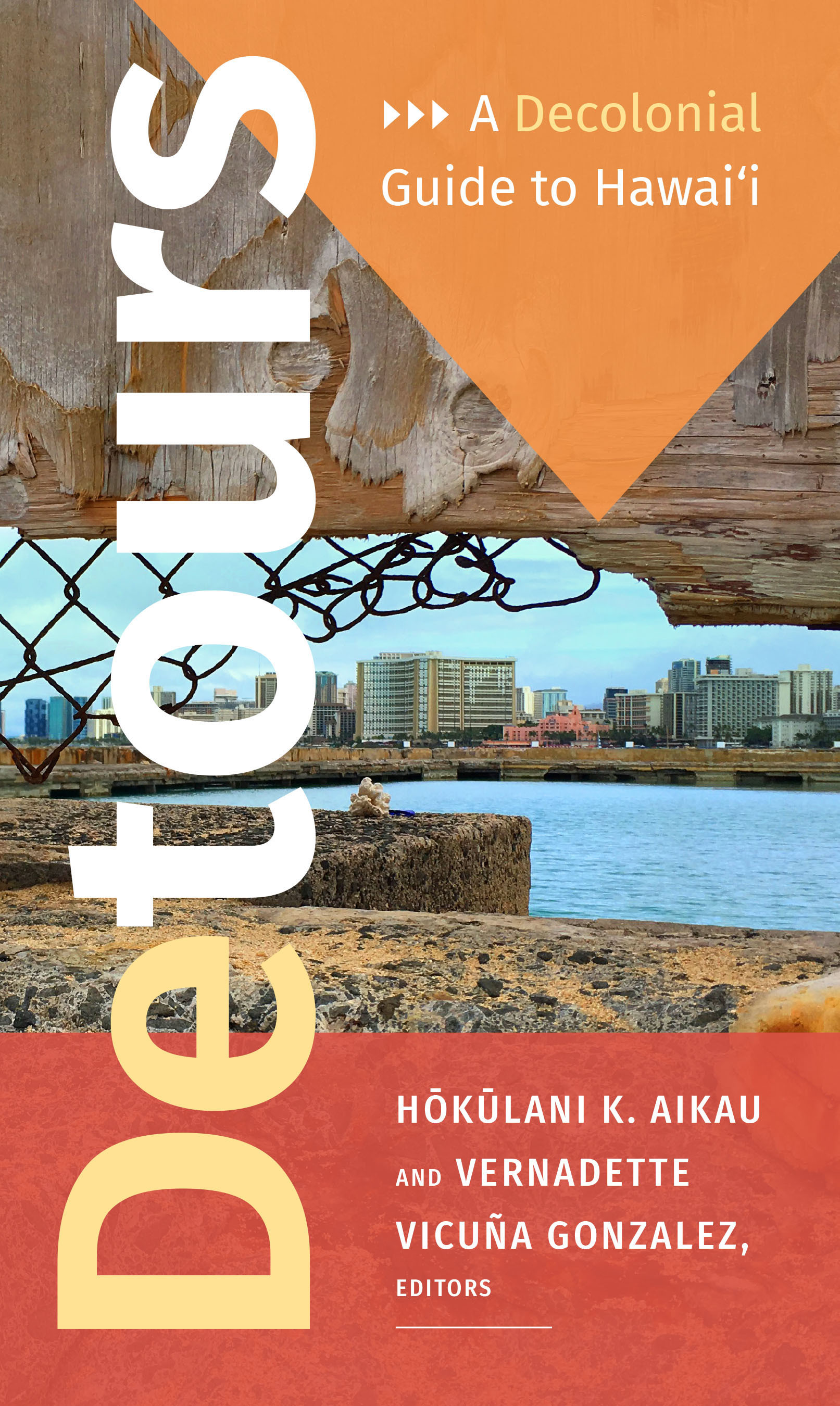What do you think?
Rate this book


448 pages, Paperback
First published November 8, 2019
We titled this book Detours because it is meant to redirect you from the fantasy of Hawaiʻi as a tropical paradise toward an engagement with Hawaiʻi that is pono (just, fitting)...While this place is indeed beautiful, it is not an exotic postcard or a tropical playground with happy hosts. People here struggle with the problems brought about by colonialism, military occupation, tourism, food insecurity, high costs of living, and the effects of a changing climate.
-Hōkūlani K. Aikau & Vernadette Vicuña Gonzalez, Editors
Our blood is Kanaka. You cannot be Kanaka. Hawaiian is our nationality . . . You see this what we standing on? This is ʻāina and it matters so much that if you love this place and you don't wanna develop it, destroy it, [or] abuse it, then we on the same team. If you eyeing this place and its resources as a money-making vehicle for yourself, we enemies. Right? And it doesn't matter what race, religion, what sex you [are]. If you love this place and you can mālama our ʻāina the way we love it and our ancestors loved it, then brah, we can be more than friends, we can be family.